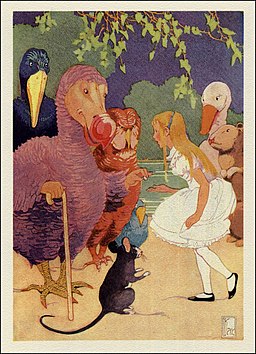Annie Allen wrote a good post about how to write an author’s bio.

That got me thinking about how I should write my own bio. I had to supply one for Harlequin. It not only gets posted up on Amazon, but it also is included in the back of the book and on the Harlequin website.
An author’s bio is not a résumé. It’s a quick burst of info that tells the reader about you not only by what details you include but how you write the bio. It needs to be short, lively, and interesting.
The trouble is, I find it so much easier to talk about someone else than to talk about myself. Imaginary people are so much more interesting. And does Evelyn Hill like talking about herself in the third person? No, Evelyn Hill does not. But that is the standard format for a bio.
For Harlequin’s purposes, the whole bio has to be no more than 500 characters, including all words, spaces, and formatting. That’s dancing on the head of a pin territory. You don’t have much space to express yourself, so every single word has to have a good reason to be there.
I tried a couple of different versions.
Version 1 (too horse oriented and a whopping 585 characters)
According to family tradition, Evelyn Hill is descended from a long line of Texas horse thieves. (But when your family is not only Texan, but Irish, tall tales come with the territory.) This might explain why she grew up reading stories about horses, writing stories about horses, and when possible, even riding horses. Once she grew up, the stories naturally featured a handsome cowboy as well. Or a handsome knight. Or a handsome spy. Or even a handsome lawyer. She’s broadminded.
She lives at the end of the Oregon Trail, where she gets to do all her historical research in person.
Version 2
According to family tradition, Evelyn Hill is descended from a long line of Texas horse thieves. (But when your family is not only Texan, but Irish, tall tales come with the territory.) This might explain why she devoted much of her childhood to writing stories about horses. Once she grew up, the stories naturally featured a tall, handsome cowboy as well.
She lives at the end of the Oregon Trail, where she gets to do all her historical research in person.
At 461 characters, this one might be too sparse, but it fits the space and hopefully sets the right tone. I’ve written a western, so horses and cowboys come with the territory. I like it when a bio tells you something of the geographic location of the author. I think this might work. What think you?
Here’s an additional link. It recommends writing a different bio for different environments: author-author-writing-your-bio






